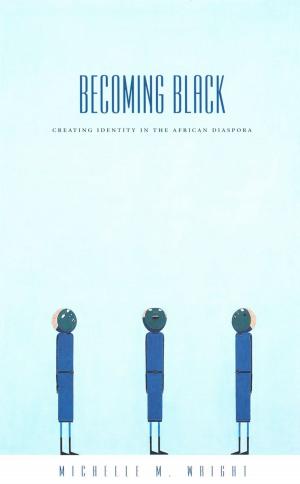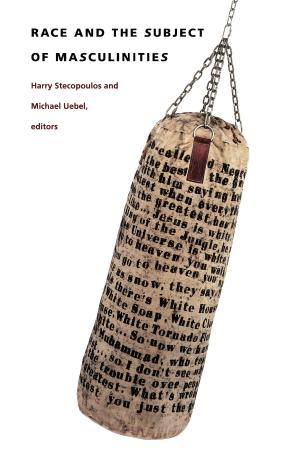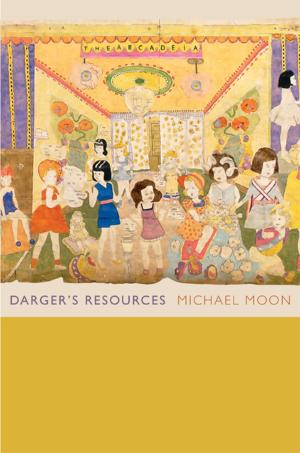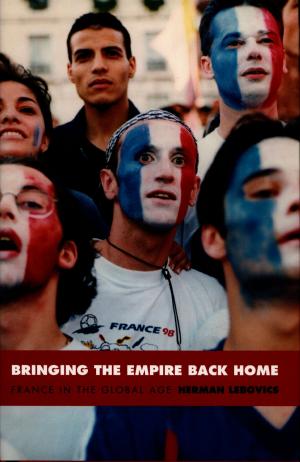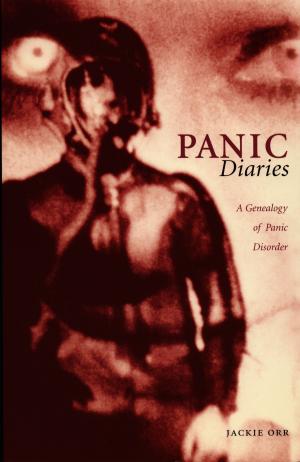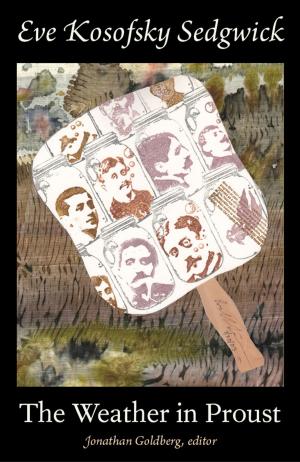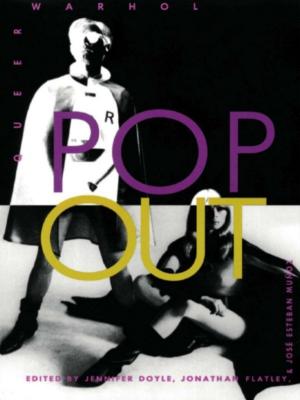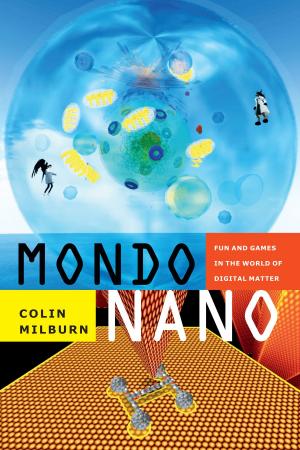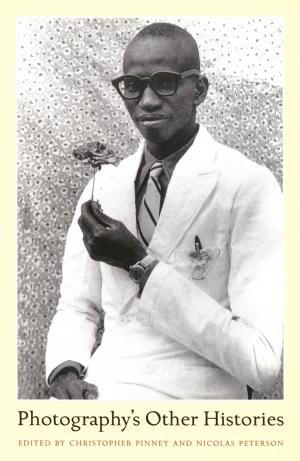| Author: | Tobias Hecht | ISBN: | 9780822387725 |
| Publisher: | Duke University Press | Publication: | April 5, 2006 |
| Imprint: | Duke University Press Books | Language: | English |
| Author: | Tobias Hecht |
| ISBN: | 9780822387725 |
| Publisher: | Duke University Press |
| Publication: | April 5, 2006 |
| Imprint: | Duke University Press Books |
| Language: | English |
Bruna Veríssimo, a youth from the hardscrabble streets of Recife, in Northeast Brazil, spoke with Tobias Hecht over the course of many years, reliving her early childhood in a raging and destitute home, her initiation into the world of prostitution at a time when her contemporaries had scarcely started school, and her coming of age against all odds.
Hecht had originally intended to write a biography of Veríssimo. But with interviews ultimately spanning a decade, he couldn't ignore that much of what he had been told wasn’t, strictly speaking, true. In Veríssimo’s recounting of her life, a sister who had never been born died tragically, while the very same rape that shattered the body and mind of an acquaintance occurred a second time, only with a different victim and several years later. At night, with the anthropologist’s tape recorder in hand, she became her own ethnographer, inventing informants, interviewing herself, and answering in distinct voices.
With truth impossible to disentangle from invention, Hecht followed the lead of Veríssimo, his would-be informant, creating characters, rendering a tale that didn’t happen but that might have, probing at what it means to translate a life into words.
A call and response of truth and invention, mental illness and yearning, After Life is a tribute to and reinterpretation of the Latin American testimonio genre. Desire, melancholy, longing, regret, and the hunger to live beyond the confines of past and future meet in this debut novel by Tobias Hecht.
Bruna Veríssimo, a youth from the hardscrabble streets of Recife, in Northeast Brazil, spoke with Tobias Hecht over the course of many years, reliving her early childhood in a raging and destitute home, her initiation into the world of prostitution at a time when her contemporaries had scarcely started school, and her coming of age against all odds.
Hecht had originally intended to write a biography of Veríssimo. But with interviews ultimately spanning a decade, he couldn't ignore that much of what he had been told wasn’t, strictly speaking, true. In Veríssimo’s recounting of her life, a sister who had never been born died tragically, while the very same rape that shattered the body and mind of an acquaintance occurred a second time, only with a different victim and several years later. At night, with the anthropologist’s tape recorder in hand, she became her own ethnographer, inventing informants, interviewing herself, and answering in distinct voices.
With truth impossible to disentangle from invention, Hecht followed the lead of Veríssimo, his would-be informant, creating characters, rendering a tale that didn’t happen but that might have, probing at what it means to translate a life into words.
A call and response of truth and invention, mental illness and yearning, After Life is a tribute to and reinterpretation of the Latin American testimonio genre. Desire, melancholy, longing, regret, and the hunger to live beyond the confines of past and future meet in this debut novel by Tobias Hecht.

